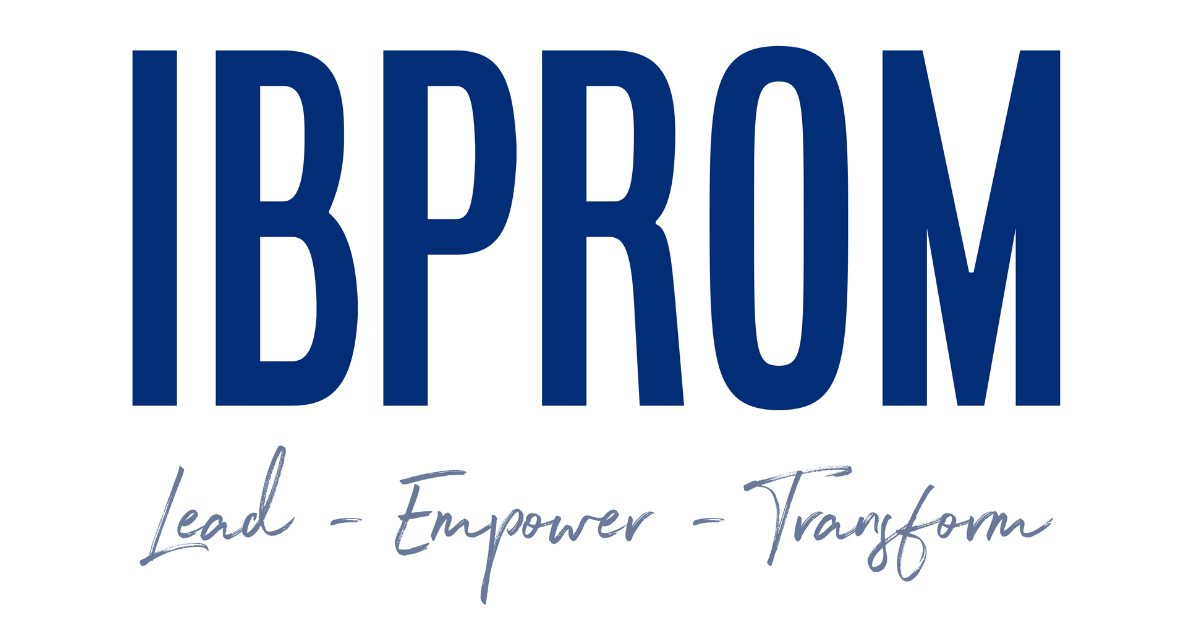Emotional intelligence (EI) is an essential component of effective leadership, enabling leaders to recognize, understand, and manage their own emotions and those of their team members. By developing strong emotional intelligence, leaders can unlock their full potential, driving team performance, fostering a positive work environment, and paving the way for lasting organizational success.
In this article, we will explore the importance of emotional intelligence in the context of leadership and delve into the ways whereby EI can enhance your ability to communicate, connect, and influence others. Furthermore, we will provide practical tips and strategies for cultivating your emotional intelligence skills, serving as a guide for your journey toward becoming a more empathetic, self-aware, and transformative leader.
Additionally, we will highlight the role of our expert executive coaching services in supporting the development of your emotional intelligence. Through evidence-based assessments, facilitation, and coaching, our skilled coaches can provide personalized insights, guidance, and tools to help you refine your EI skills and become the leader you aspire to be.
Embark on your journey toward developing emotional intelligence in leadership with the support and expertise of our executive coaches, and experience the transformative effects of heightened self-awareness, empathy, and communication on your leadership impact, team dynamics, and overall organizational success.
The Impact of Emotional Intelligence on Leadership
Developing strong emotional intelligence skills can be a game changer for leaders seeking to enhance their ability to connect, communicate, and positively impact their team. Some of the key benefits of incorporating emotional intelligence into leadership include:
1. Improved Communication: Leaders with high emotional intelligence understand the emotions and perspectives of their team, facilitating open and honest conversations, thus, promoting effective communication within the team.
2. Enhanced Empathy: Being empathetic enables leaders to understand their team's emotional experiences and foster a supportive work environment built on trust and mutual respect.
3. Conflict Resolution: Emotional intelligence helps leaders to navigate difficult situations and conflicts by identifying the underlying emotions at play and creating balanced solutions that address the needs of all parties involved.
4. Resilience and Adaptability: Emotionally intelligent leaders can effectively manage their own emotions and help their teams adapt in times of change or uncertainty, contributing to increased resilience and adaptability in the face of challenges.
Strategies for Developing Emotional Intelligence in Leadership
To cultivate your emotional intelligence skills and unlock your full leadership potential, consider the following strategies:
1. Practice Self-Awareness: Develop your ability to recognize, understand, and manage your own emotions by keeping a journal, practicing mindfulness techniques, or working with an executive coach. Self-awareness is the foundation of emotional intelligence and a crucial skill for leaders to cultivate.
2. Build Empathy: Strengthen your empathetic abilities by actively listening to others, being open to different perspectives, and striving to understand the emotional experiences of those around you. Empathy creates rapport, trust, and understanding, forming the basis of strong working relationships.
3. Develop Emotional Regulation: Refine your ability to manage your emotions effectively by taking a step back, assessing your emotional state, and employing techniques such as deep breathing or mindfulness. Strong emotional regulation is critical for maintaining composure and remaining level-headed, especially in high-pressure situations.
4. Enhance Social Skills: Improve your social skills by engaging in active listening, adopting effective communication techniques, and understanding the importance of nonverbal cues. Developing strong social skills enables leaders to effectively navigate complex social situations, foster collaboration, and build strong relationships.
The Role of Executive Coaching in Emotional Intelligence Development
Partnering with an executive coach can provide invaluable support and guidance for leaders looking to develop their emotional intelligence skills. Our expert executive coaches offer personalized insights and advice tailored to your specific goals, helping you navigate your path toward becoming a more emotionally intelligent leader.
Through evidence-based assessments, facilitation, and coaching services, our coaches can identify areas for growth, design customized strategies for EI development, and provide ongoing mentoring and support to ensure your personal and professional growth.
Cultivating a Culture of Emotional Intelligence for Organizational Success
Promoting emotional intelligence within your organization can lead to a host of long-term benefits, such as:
1. A Thriving Work Environment: Organizations that prioritize emotional intelligence often enjoy a positive and supportive work environment, resulting in high levels of employee satisfaction, engagement, and well-being.
2. Improved Team Performance: Emotionally intelligent leaders foster strong communication, collaboration, and cohesion within their teams, leading to enhanced team performance and efficiency.
3. Better Retention and Talent Attraction: Organizations that value emotional intelligence attract and retain top talent, contributing to a highly skilled and motivated workforce that drives innovation and growth.
4. Greater Adaptability: Cultivating emotional intelligence in leadership and across the organization enables teams to better manage change and adapt to external challenges, ensuring long-term resilience and success.
Unlock Your Leadership Potential Through Emotional Intelligence
By developing your emotional intelligence skills, you can unlock your full leadership potential, resulting in stronger communication, improved team dynamics, and heightened organizational success. Embrace the strategies discussed in this article and leverage the support of our expert executive coaches to refine your EI skills, connecting with your team on a deeper level, and navigating the complex landscape of leadership with confidence and composure.
Start your journey toward harnessing the power of emotional intelligence in leadership today and experience the transformative impact it can have on your personal growth, team performance, and overall organizational success. Let IBPROM usher you into this transformative journey through
leadership coaching in Ottawa.







